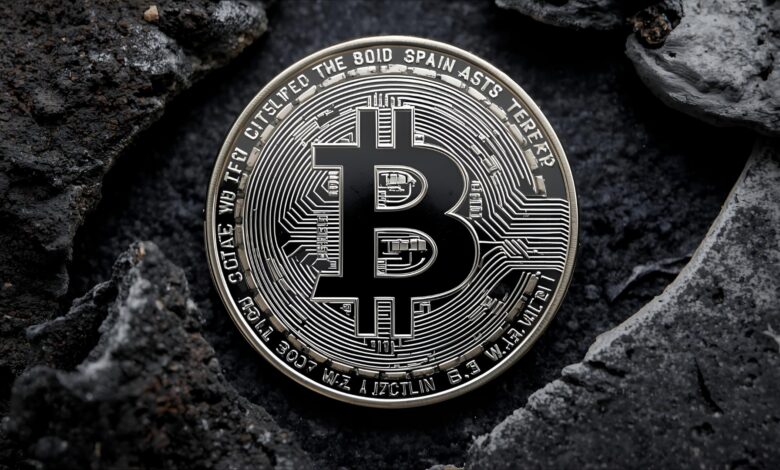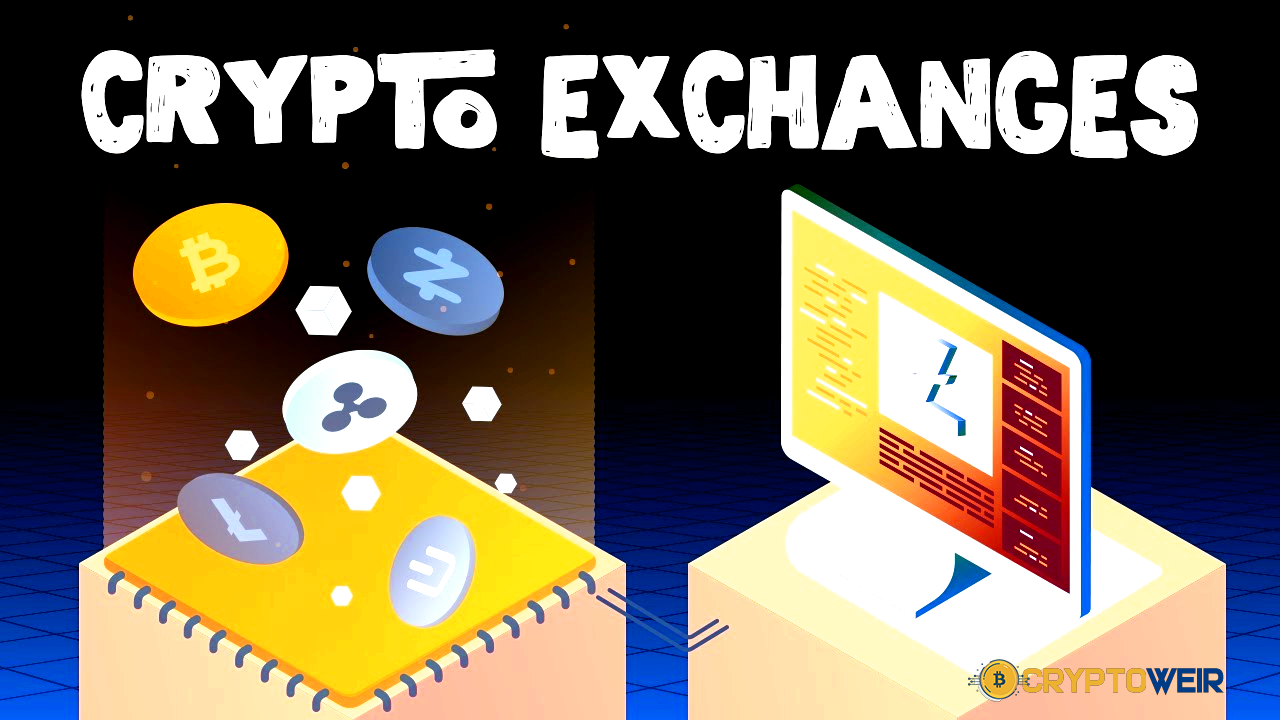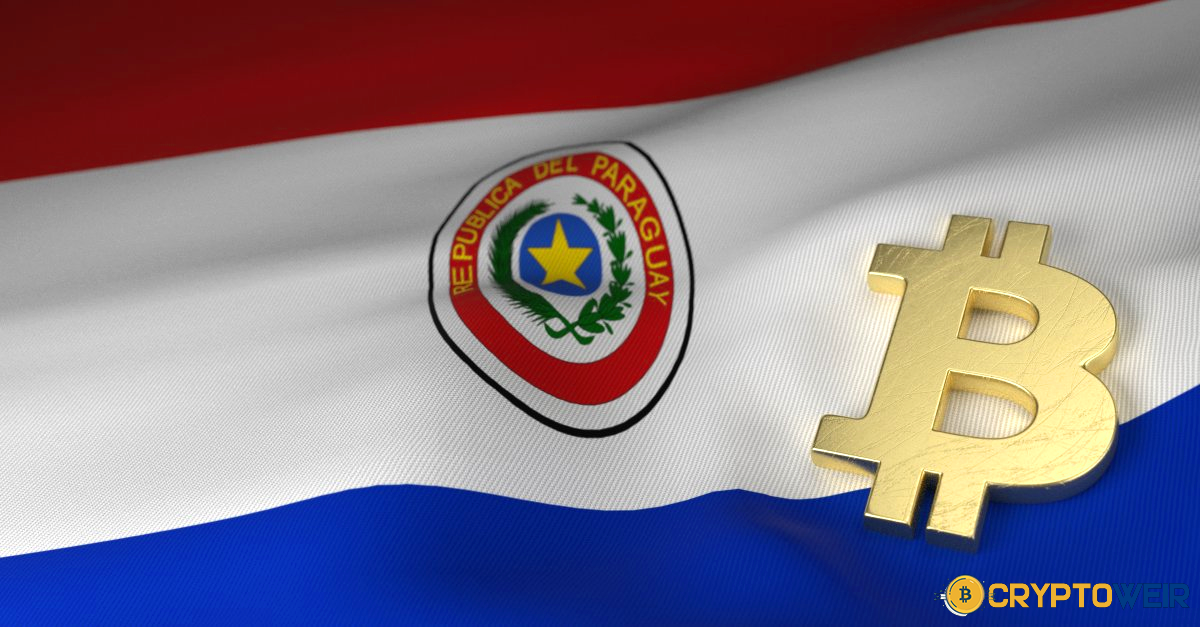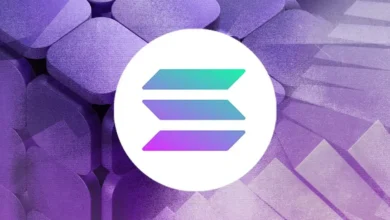Grayscale Bitcoin Cash Trust sponsor reorganization explained
Grayscale Bitcoin Cash Trust announces sponsor reorganization. Here’s what changes, why it matters for BCHG investors, and what could come next.

The Grayscale Bitcoin Cash Trust (BCHG) has announced a sponsor reorganization that reshapes how the product is overseen and administered, while maintaining its core investment objective: providing exposure to Bitcoin Cash (BCH) as a traditional security. For existing and prospective investors, the development raises important questions about governance, fees, operational partners, and—perhaps most intriguingly—the trust’s path toward greater market accessibility in the months ahead.
At the center of this change is an internal restructuring within the Grayscale corporate family that culminated on January 1, 2025, when Grayscale Investments, LLC merged into Grayscale Operating, LLC (GSO). Immediately afterward, specific sponsor contracts were assigned to Grayscale Investments Sponsors, LLC (GSIS), and GSO gave notice that it would withdraw as a sponsor after 120 days. When that window closed in early May 2025, GSIS became the sole sponsor of the Trust—a shift intended to streamline responsibilities and ensure continuity without changing the Trust’s fundamental strategy or the BCH it holds.
In this deep dive, we’ll unpack the reorganization, clarify what changes mean for investors day to day, explore the Trust’s service-provider stack, analyze the fee mechanics under discussion, and look ahead to potential structural milestones, including a push toward an exchange listing and an ETF-style wrapper.
What the sponsor reorganization actually did
From merger to new sponsor of record
On January 1, 2025, the prior sponsor, Grayscale Investments, LLC, was merged into Grayscale Operating, LLC. By operation of law, GSO stepped into all rights and obligations of the former sponsor. In connection with the same internal action, the sponsor contracts were assigned to GSIS, which was admitted as an additional sponsor. Shortly thereafter, GSO filed to withdraw as a sponsor, effective after 120 days, leaving GSIS as the sole remaining sponsor as of early May 2025. The filing emphasized that the reorganization was not expected to impact the Trust’s operations materially.
Why Grayscale made this move
Large asset managers commonly refine their legal entity structures to optimize compliance, service-provider relationships, and operational clarity. In Grayscale’s case, the creation of Grayscale Investments Sponsors, LLC as the focused sponsor entity appears designed to centralize sponsorship and simplify counterparty contracting for multiple single-asset trusts. This can improve internal accountability and reporting, while making it easier to coordinate with custodians, administrators, transfer agents, prime brokers, and regulators. The goal is to preserve continuity for shareholders while positioning the Trust for future product evolution.
What stays the same for BCHG investors

Investment objective and exposure
Despite the restructuring, the Trust continues to offer exposure to Bitcoin Cash through its shares, which are designed to track BCH’s market value less fees and expenses. The Trust’s public fund page reiterates the core investment objective and provides ongoing performance and reference data that investors use to gauge market price vs. per-share BCH.
Operational partners and safeguards
A digital-asset trust depends on a web of specialized service providers to hold coins securely, settle creations and redemptions, calculate net asset value, and handle investor recordkeeping. Grayscale discloses these engagements in its Trust documents, including Coinbase Custody Trust Company, LLC as custodian, Coinbase, Inc. as prime broker, and The Bank of New York Mellon as administrator and transfer agent. These roles are crucial for cold-storage security, institutional settlement rails, and daily operations that investors rarely see but always rely upon.
What is changingand what to watch
Sponsor of record: GSIS
The key outcome of the reorganization is that Grayscale Investments Sponsors, LLC (GSIS) is now the sole sponsor of the Trust, following GSO’s withdrawal, which became effective in early May 2025. That means GSIS is the entity responsible for the Trust’s administration, oversight of service providers, and compliance reporting. For investors, the practical effect is continuity with more precise lines of responsibility—and no change to the asset held.
Governance, housekeeping, and potential fee mechanics
Alongside the sponsor transition, Grayscale circulated governance updates and proposals. A recent definitive proxy statement summarized contemplated changes, including cash-based creations and redemptions, the daily accrual of a 2.5% sponsor fee, and operational enhancements such as omnibus accounts and the use of liquidity providers to facilitate settlement. While proxy language outlines proposals and enables amendments within required notice periods, the thrust is toward operational efficiency and accounting alignment that better matches modern market infrastructure. Investors should read the definitive documents to understand what’s adopted and when it becomes effective.
Toward an exchange listing and ETF-style wrapper
The Trust has long discussed broader market access. In September 2025, Grayscale filed an S-3 registration statement indicating an intent to rename the product “Grayscale Bitcoin Cash Trust ETF” in connection with an NYSE Arca listing. While registration statements are not approvals, and conversion depends on regulatory sign-off and exchange rules, the filing signals a concrete plan to move the trust into an ETF-like structure if and when permitted. Investors should monitor subsequent SEC correspondence and exchange actions to track progress from intent to listing.
How the reorganization affects day-to-day investing
Trading BCHG and tracking its value
BCHG shares trade on the OTCQX marketplace (and any future listing plans would be separately announced and conditioned on approvals). As with many closed-end or quasi-closed-end crypto vehicles, market price can deviate from per-share BCH value, resulting in a premium or discount that widens or narrows with sentiment, liquidity, and creation/redemption mechanics. If the Trust transitions to cash creations and redemptions with a more standardized process, arbitrage channels could become more efficient, potentially reducing persistent discounts and improving secondary-market liquidity, though these outcomes are not guaranteed.
Administration, custody, and counterparty risk
The Trust’s disclosure identifies Coinbase Custody as the custodian and Coinbase, Inc. as the prime broker, with BNY Mellon handling administration and transfer agency functions. These relationships matter because crypto custody is a specialized field where segregation, multi-sig controls, and SOC-audited processes form the backbone of institutional risk management. The sponsor’s continued reliance on well-known service providers is meant to minimize operational friction through a reorganization and maintain the safety and integrity of the Trust’s BCH holdings.
Fees and NAV drag
Crypto trust fees directly reduce net asset value (NAV) over time. The 2.5% annual sponsor fee (if accrued daily as proposed) would formalize a familiar expense ratio level in the single-asset trust universe. Because fees are drawn from the asset base, long-term holders need price appreciation to outpace NAV drag. If an ETF conversion occurs later, competitive dynamics could press fees lower—but that depends on the final structure, approvals, and market competition at the time of listing.
Strategic context where BCHG fits in Grayscale’s product map
Single-asset trusts and the road to ETFs

Grayscale operates a suite of single-asset trusts that historically provided regulated wrappers for investors seeking crypto exposure without directly managing wallets and keys. As the U.S. regulatory landscape evolves, the industry is moving toward exchange-traded products with in-kind or cash creation/redemption, daily portfolio transparency, and standardized disclosure. The BCHG sponsor reorganization is best understood as infrastructure work positioning the product for that broader market reality—subject to SEC and exchange approvals.
Why the sponsor matters
In trust structures, the sponsor is the nerve center: setting policy, appointing service providers, coordinating filings, and ensuring that every operational link—from custody to pricing to shareholder communications—functions reliably. Replacing or consolidating sponsors can simplify decision-making, reduce duplicative contracting, and align fiduciary oversight with a dedicated entity whose sole mandate is to shepherd the trust.
The investor lens: risks, benefits, and practical takeaways
Benefits investors might see
If the operational changes in the proxy become effective as described, investors could benefit from cleaner creations/redemptions, tighter operational timelines, and more explicit fee recognition. Over time, that may translate to improved liquidity and more efficient pricing relative to BCH itself. In parallel, the ETF filing—while not a guarantee—creates optionality: if approved, it could unlock exchange distribution, potentially broaden the investor base, and increase daily trading volumes.
Key risks to keep top of mind
The Trust’s value is driven by Bitcoin Cash price risk, which remains volatile and sensitive to fork debates, network upgrades, hash-rate shifts, and macro liquidity cycles. Structural improvements can enhance mechanics, but they don’t eliminate market risk. There’s also regulatory risk: while the sponsor sets a path, SEC and exchange approvals govern if, when, and how an ETF-like conversion can occur. Finally, fee drag is real; over multi-year horizons, a 2.5% annual expense compounds meaningfully unless offset by price appreciation.
Timeline recap of the sponsor reorganization
January 1–3, 2025: Internal merger and assignments
-
Jan 1, 2025: Grayscale Investments, LLC merges into Grayscale Operating, LLC; sponsor contracts are assigned to GSIS, which is admitted as an additional sponsor.
-
Jan 3, 2025: GSO gives notice it will withdraw as a sponsor after 120 days, paving the way for GSIS to become the sole sponsor in early May 2025. The Trust states it does not expect a material impact on operations.
Mid-2025: Sole sponsor status and path-building
-
After the 120-day window, GSIS becomes the sole sponsor. Subsequent filings and coverage reflect the change, placing GSIS as the central administrative entity.
September 2025: Registration statement highlights ETF intent
-
Grayscale files an S-3 indicating an intent to rename the vehicle “Grayscale Bitcoin Cash Trust ETF” in connection with a potential NYSE Arca listing, pending the usual market and regulatory conditions.
What this could mean for Bitcoin Cash exposure
Liquidity, spreads, and price discovery
Should cash creations/redemptions become standard for BCHG, authorized participants and liquidity providers may find it easier to manage inventory and settlement, which, in traditional markets, tends to narrow spreads and improve tracking of underlying value. Although crypto market microstructure is still maturing, the direction of travel is clear: friction down, efficiency up—again, subject to execution quality and market conditions.
ETF prospects and investor access
The ETF wrapper—if achieved—often comes with broader distribution, daily portfolio transparency, and intra-day creations/redemptions that help keep market price aligned with net asset value. For institutions that cannot trade OTC securities but can allocate to listed ETFs on major exchanges, this could expand the addressable investor base for BCH exposure. The filing is a strong signal, but the finish line requires approvals.
How to follow the next steps
Monitor official fund pages and SEC postings
Investors should check the Trust’s official page for updates on documents, performance, and notices, and track SEC filings (8-K, 10-Q/10-K, S-3) for authoritative detail on governance changes, fee schedules, and structural shifts.
Read the fine print on fees and mechanics
If you hold BCHG for the medium- to long-term, fee mechanics matter. A shift to daily accrual at 2.5% does not necessarily raise the headline rate but changes how and when it’s recognized—and that affects reported NAV over time. Confirm effective dates and the final text of any adopted amendments in the definitive filings.
Final Thoughts
The Grayscale Bitcoin Cash Trust sponsor reorganization is a governance and administrative clean-up aimed at clarifying the sponsor of record and aligning the Trust with a more scalable operating model. The Trust’s investment objective remains the same: to provide investors with BCH exposure in a regulated security format. The sponsor’s transition to GSIS, proposals to modernize creations/redemptions and fee accrual, and an S-3 filing that signals ETF intent collectively point to a product evolving with the broader digital-asset market structure. None of this removes market or regulatory risk, but it does put BCHG on a more straightforward path toward better plumbing, potential listing, and improved investor access if approvals follow.
FAQs
Q: What exactly changed in the sponsor reorganization?
On January 1, 2025, Grayscale Investments, LLC merged into Grayscale Operating, LLC. Sponsor contracts were then assigned to Grayscale Investments Sponsors, LLC (GSIS), which was admitted as an additional sponsor. GSO withdrew after 120 days, making GSIS the sole sponsor in early May 2025. The Trust said it did not expect a material impact on operations.
Q: Did the Trust’s investment objective or BCH holdings change?
No. The Trust still aims to track the value of Bitcoin Cash (with lower fees and expenses) via its shares. The core exposure remains BCH, and the sponsor emphasized continuity through the reorganization.
Q: Are fees changing because of the reorganization?
The reorganization itself doesn’t set fees. However, a recent definitive proxy outlined proposals including cash creations/redemptions and daily accrual of a 2.5% sponsor fee. Investors should rely on the final adopted documents to see what’s in effect and as of which date.
Q: Is BCHG turning into an ETF?
Not automatically. Grayscale filed an S-3 registration statement indicating its intent to rename the Trust as an ETF with an NYSE Arca listing. That plan requires regulatory and exchange approvals. The filing signals direction, not completion.
Q: Who are the Trust’s key service providers after the reorganization?
Disclosures list Coinbase Custody Trust Company, LLC as custodian, Coinbase, Inc. as prime broker, and The Bank of New York Mellon as administrator and transfer agent—critical roles for secure custody, settlement, and shareholder services.
Also Read: Bitcoin ETFs See $1.23B Outflows as BTC Tests $107K Support.









